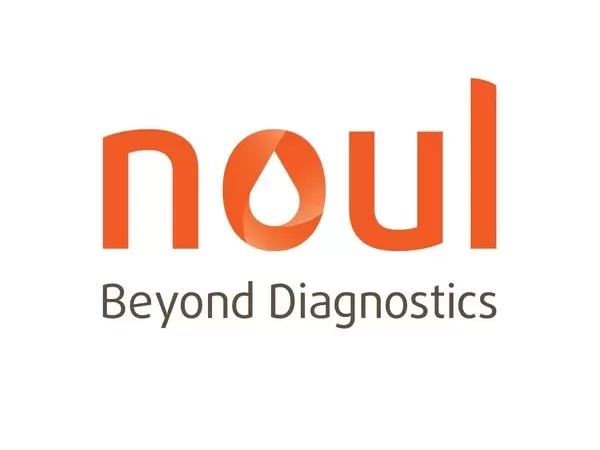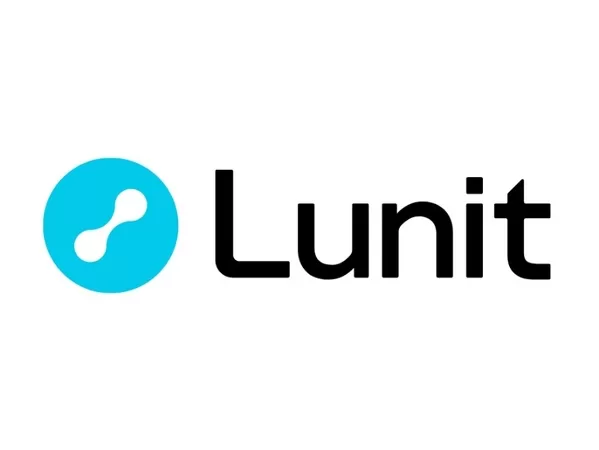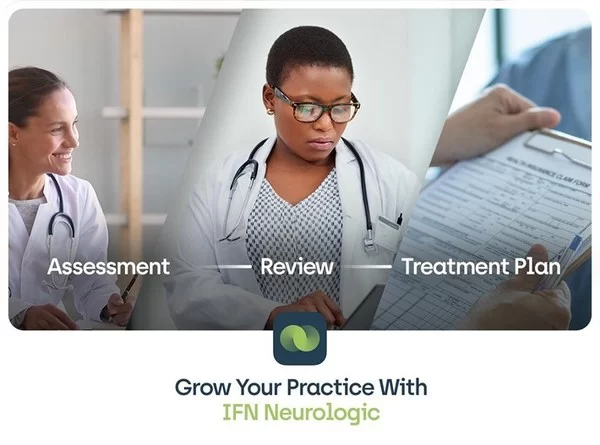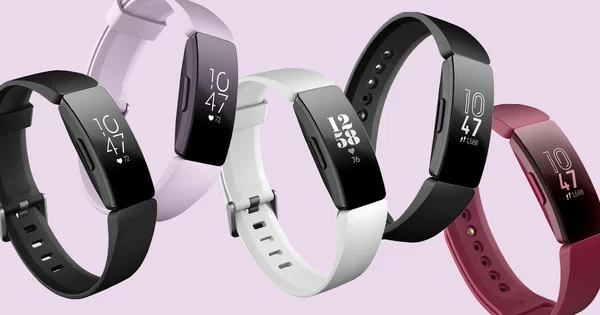miLab showed almost equivalent to WHO-certified first-degree microscopy experts: Sensitivity of 94.4%, Specificity of 98.1% African authority on malaria diagnosis said…
Lunit’s AI-Powered Lung Cancer Screening Solution Significantly Affects Radiologists’ Diagnostic Determination – Published in Radiology
– Recent study conducted by Seoul National University Hospital provides strong evidence that high-accuracy AI model improves radiologists’ chest X-ray analysis performance…
Vela Diagnostics Develops PCR-based Test for Detecting Monkeypox Virus
SINGAPORE, July 26, 2022 — Vela Diagnostics announced that it has developed a PCR test kit to detect the monkeypox virus (MPXV), for research use only (RUO). The ViroKey® MPXV…
IFN Neurologic and MetaCell Partner to Launch the IFN Neurologic Affiliate Program
CAMBRIDGE, Mass., and PERTH, Australia, June 28, 2022 — Summary The Institute of Functional Neuroscience, a world leading treatment and rehabilitation centre utilising the latest technologies in neuroplasticity research,…
Under the Patronage of His Highness Sheikh Theyab bin Mohamed bin Zayed Al Nahyan, Abu Dhabi Early Childhood Authority’s WED Movement Engages Global Experts to Drive Innovation, Excellence in Early Childhood Development
ABU DHABI, UAE, Aug. 17, 2021 — Abu Dhabi’s World Early Childhood Development Movement (WED Movement) has launched a new initiative bringing together global experts to develop innovative and actionable solutions advancing Abu Dhabi’s vision to be a leader in Early Childhood Development. Cecilia Vaca Jones, Executive…
Medidata Becomes First Company to Offer End-to-End, Unified, Secure Platform for Decentralization of Clinical Trials (DCT)
The first company in the world to unify direct patient data capture technology with study oversight and monitoring, Medidata redefines end-to-end decentralization for sponsors and CROs The unique Medidata Trial Dial™ concept provides the industry’s highest level of customization…
Integrating Fitbit Wearable Devices into Diabetes Care Leads to Significant Improvements in Blood Glucose and HbA1C, Finds Health2Sync Clinical Study in Taiwan
Wearing Fitbit devices with Health2Sync glucose control app clinically proven to help both users and healthcare providers to control and better manage the symptoms of Type 2 diabetes Results from the study in Taiwan revealed an improvement in patients’ health conditions, with participants recording higher levels of physical…
CaDi introduces Lycofertilic™ – high potency, targeted supplements with algae DHA Omega-3 to provide anti-ageing support for the ovarian reserve and to prepare for egg retrieval and IVF
LONDON, Oct. 23, 2020 — Cambridge Diagnostic Imaging (CaDi) is launching a new generation of targeted daily supplements, LycofertilicTM for fertility support and LycofertilicTM Prime to prepare for egg retrieval and IVF. The ovarian reserve and egg quality of women declines with age. This depletion is exacerbated by stress, imbalanced…
QYNAPSE (France) and TRUE POSITIVE MEDICAL DEVICES (Canada) are partnering to provide the most advanced AI platform for brain diseases
Strategic partnership in brain imaging and AI PARIS, MONTREAL, and QUEBEC CITY, Oct. 13, 2020 — Acquisition of TRUE POSITIVE MEDICAL DEVICES by QYNAPSE A strategic collaboration that covers 15 patents, including 9 issued in the U.S. and Canada A…
First Rapid Corona Antigen Test Approved for Clinical Study in Germany
The health tech company Digital Diagnostics AG from Mainz, Germany, has received approval for clinical trials from a German ethics committee and the Federal Institute for Drugs and Medical Devices (BfArM). This is a crucial regulatory step in the ongoing approval process for the Digid Cantisense™ SARS-CoV-2 test in Germany….









